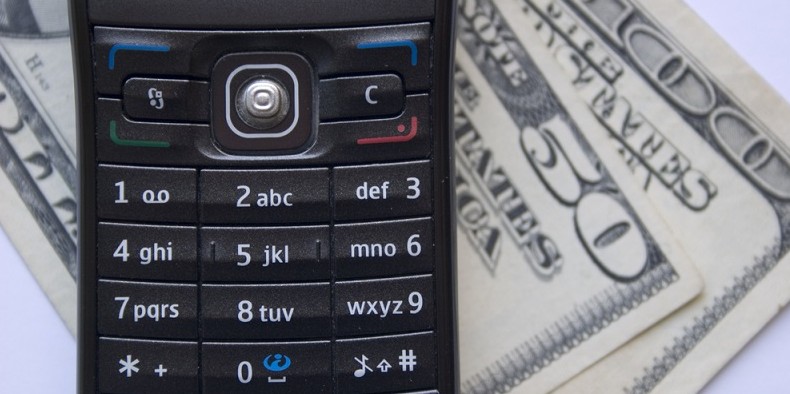Mobile money, or making payments through the use of a mobile phone, is hugely popular in African nations. But it’s much less so in South Africa.
Many companies have, in recent years, tried to launch mobile money products and services in SA, with varying degrees of success. Vodacom’s recent relaunch of M-Pesa in SA failed to meet that company’s expectations, and so far has just 77 000 customers where the company hoped for 10 million in the first couple of years.
So why is that? Why is there such a slow uptake in mobile money in SA?
“South Africa is a special case,” says Rajiv Bhatia, Head of Mobile Commerce Sales (EMEA) at Ericsson. “It is much more ahead than other countries in Africa.”
Bhatia explains that South Africa is ahead in the sense that if you look at the ATM-per-person ratio, it is much higher here than elsewhere. “So the need for money is not driven by the desperation where you don’t have that infrastructure”.
He also thinks that if the government fully got behind mobile money, a lot more people would be open to the idea of banking without the need to have a bank account, a branch or an internet connection.
“A few things that can drive the unbanked in South Africa is a bigger declaration of policy by the government. The government sets the tone, and they need to say that there is a seriousness in these services. That brings in an element of trust.”
But the biggest factor, according to Bhatia, is that mobile money services need to be able to work with each other.
At the moment, if you transact with Bank A, you will not be able to draw money through Bank B. That system is a major stumbling block towards progress in a country that has a number of banks, and it might just be the way forward.
“Interoperability needs to be a thing in South Africa, and it needs to be launched in a much bigger way, and it will involve working with the government, the banks and the telecommunications providers. It needs to come across as a more industry-wide service,” he said.
Interoperable mobile banking
How does Ericson fit into all of this? Well, the technology and IT company has helped many countries and companies around the world make their mobile banking interoperable.
In addition to laying down the technological backing to make it happen, the company is also trying to build a hub for interoperable mobile money with all the parties involved.
In traditional banking terms, one wouldn’t necessarily think of giving your hard-earned cash to a mobile operator, but in many instances that is exactly the case.
“In Africa, it is more acceptable to have a telecoms company running mobile money. Telecom companies are trusted by consumers who use technology,” says Bhatia.
He says that a lot of people don’t really trust traditional banks as they are inaccessible to the poor and often have high fees involved – but are more comfortable with telecommunications companies.
“Telecom companies have strong consumer intimacy and people often see it as a novel idea from the telco – its simple and its accessible. This is why a lot of products launch with the help of banks, as they will be the ones to actually safeguard the money.”
So how does South Africa move forward in mobile money?
Bhatia concludes that there isn’t a lot of incentive for people to join, and that SA needs to put up the right infrastructure first. That, coupled with banking interoperability and some investment from the government, should see mobile money take off to a much bigger extent than it already has.
“We need to put up the framework, and government and regulators need to lay the groundwork for trust between users, the banks and the telecommunications companies. Countries where regulation has been put in place, has seen the ecosystem flourish”.
[Image – Shutterstock]

